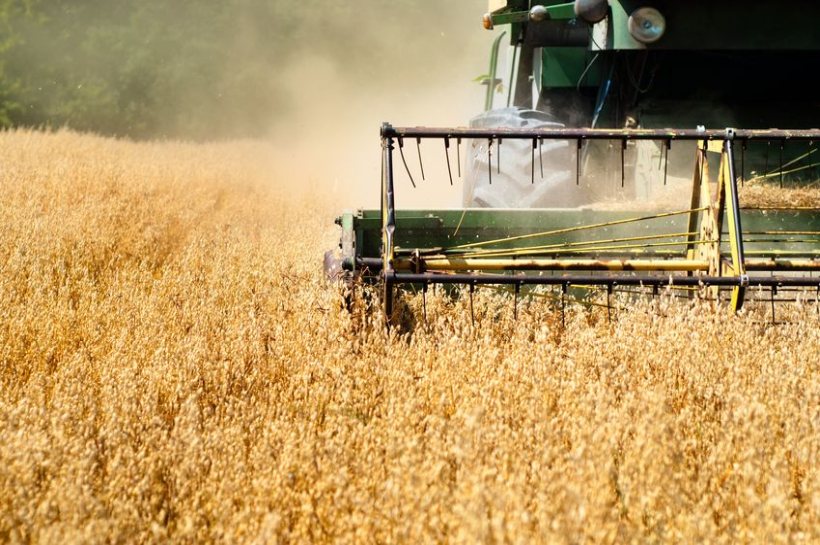
Farmers and contractors have been told of the importance of looking out for each other throughout the harvest season to help minimise accidents.
Farmers and farm workers are often tired and stressed as one of the busiest periods in the agricultural calendar gets underway.
The NFU and National Association of Agricultural Contractors (NAAC) have encouraged the industry to ensure utmost safety this year, both on and off road.
They have urged farmers to check trailers for road safety and legal compliance, and make sure vehicle drivers are trained and competent.
Farm workers must also have sufficient rest when working so they are not fatigued, the organisations added.
NFU deputy president Stuart Roberts, who chaired a safety event this week, highlighted the importance of looking out for each other.
“While it might be uncomfortable to point out a safety risk to a colleague or friend, we cannot be afraid to highlight where improvements can be made. It may well save a life.
“We also know that there is often an increase in road accidents around harvest-time as there is a much greater presence of agricultural vehicles on roads.
"While we are reliant on patient, responsible driving from other road users, we must do what we can to stay safe and legal which can be as simple as making sure we, or any workers, are not too tired."
It is also important to recognise that safety does not have to mean a huge investment in time and money, Mr Roberts said, adding that farmers should 'adopt simple measures, practices and processes that we embed into our everyday work'.
"For example, on my farm we always follow the Safe Stop procedure and always make sure a colleague knows where we are when we are working alone and communicate with them regularly during the working day."
NAAC chairman Matt Redman added that clear and efficient working between farmers and contractors 'is so important' when it comes to getting the job done quickly and safely.
Having a log of daily checks and maintenance is useful and regular communication between the farmer and contractor can go a long way to keeping everyone safe, he said.
This can include providing information and maps of any hazards, contact details for someone on site for each party and agreeing emergency processes.
“We also need to ensure that the industry is using social media to encourage safe working rather than normalising and, as we see in some cases, celebrating unsafe activities," Mr Redman said.
"Too often we see improper uses of machinery or people using mobile phones on roads being promoted on social media and we need to make this something that is socially unacceptable.”
